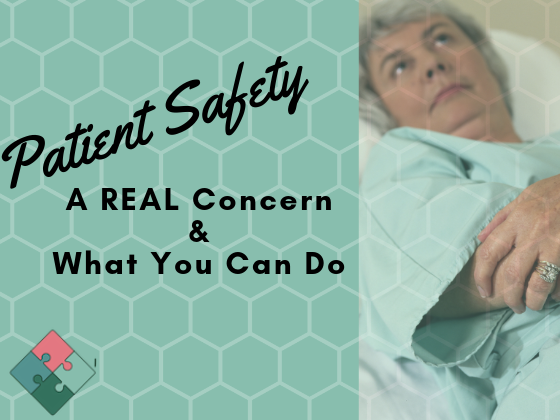What is safety? Dictionary.com defines it as, “the quality of averting or not causing injury, loss, or danger.” When we think of being in the hospital, most of us assume there is inherent safety. After all, hospitals and doctors adhere to a code of ethics that implies patient safety. However, hospitals and physicians are not exempt from human error, and as a result, patient safety is a real concern.
Reason for Concern
Leapfrog Group in conjunction with the Johns Hopkins Armstrong Institute of Patient Safety and Quality released a study last week grading two thousand six hundred hospitals in sixteen individual patient safety measures. Poor hospital performance indicates approximately 160,000 lives are lost each year as a result of preventable hospital safety errors. Although this number is down from 205,000 in 2016, the study illustrates there is still room for significant improvement.
Kaiser Health News
The Leapfrog Group study reveals the biggest area for improvement is within the category of hospital onset of infection. These infections include: Central Line Associated Blood Stream Infection (CLABSI), Catheter Associated Urinary Tract Infection (CAUTI), Methicillin-resistant Staphylococcus Aureus (MRSA), and Clostridium Difficile (C-diff). Hospitals play a major role in ensuring our safety, but the responsibility does not lie completely on our healthcare providers. There are actions we can take to assist in preventing these infections.
As hospitals are working to improve their patients’ safety, what can we do as consumers to improve our safety? The answer to this question is not as complicated as you might think. The answer lies in awareness and education.
What You Can Do
USA Today’s article, Low-rated US hospitals are deadlier due to mistakes, botched surgery, infections states, ”
Patients’ risk of dying from medical mistakes, deadly infections and safety lapses have gotten much worse at the lowest ranked U.S. hospitals, underscoring Americans’ need to check ratings of their local hospitals, new research released Wednesday shows. ” Below are three ways you can learn more to reduce your risk of hospital onset infection.
- Review hospital grades from the Leapfrog Group Study . Here you can see how your local hospital rates within the Leapfrog Group study for patient safety.
- Review overall hospital ratings from the Centers for Medicare & Medicaid Services (CMS). Here you can see how your local hospital rates in patient safety and other important categories.
- Visit The Care Partner Project to learn about actions you can take to improve your safety. You can also schedule a community education seminar specifically focused on how to improve your safety during a hospital stay. Through The Care Partner Project, I am available to present an easy to understand program focused on improving patient safety. The actions presented are simple and easy to take. You can contact me to schedule a presentation by booking a connection call.
As educated consumers of healthcare services, it is our responsibility to assist in protecting our safety during a hospital stay. Even though patient safety is a real concern, there are real solutions. It is time we participate in improving our own safety.


